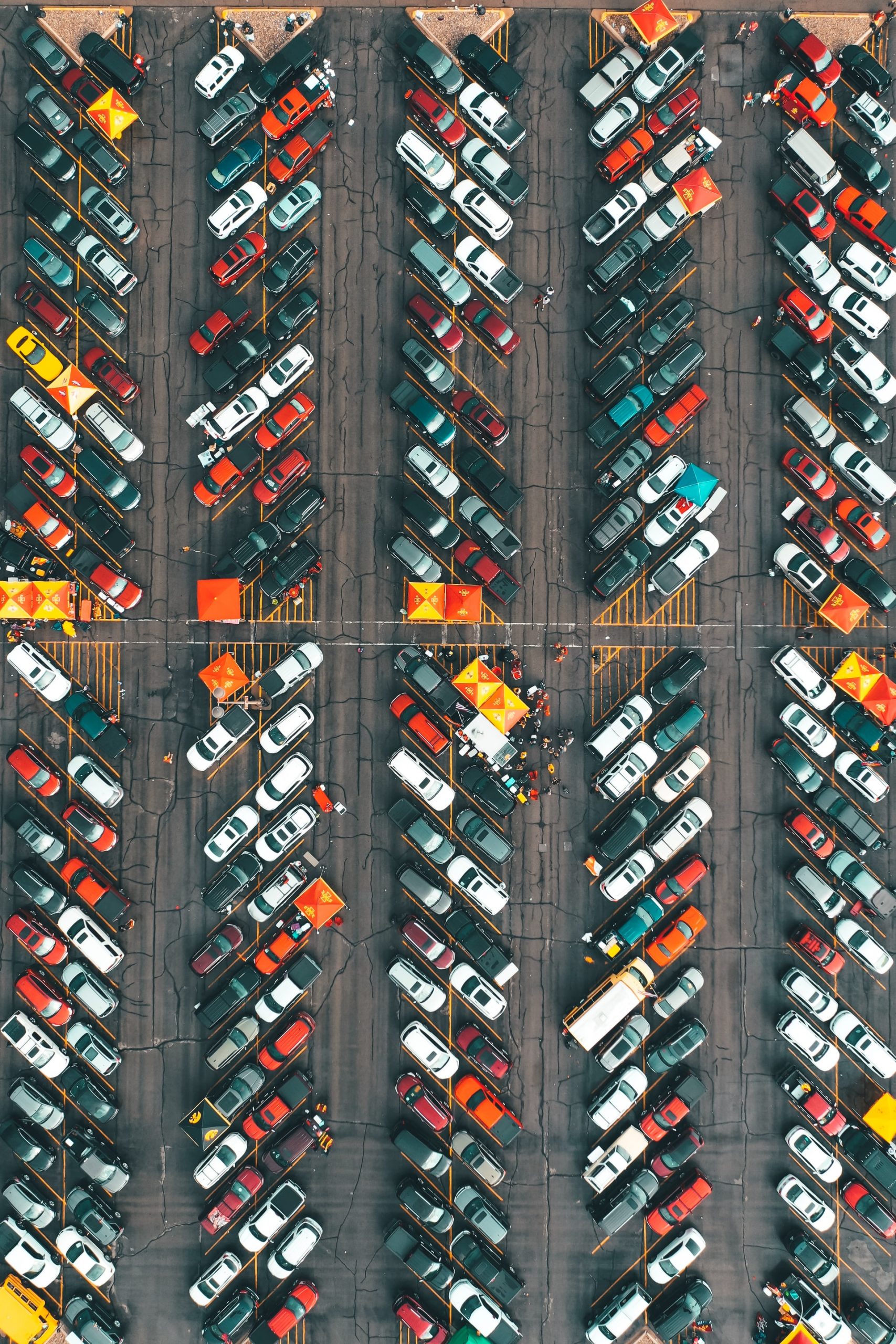1. Introduction by Dan Heischman
2. Reflection by Brandt Montgomery
3. Reflection by David Padilla
4. Reflection by Cheryl Adenekan
Grocery store parking lots are a microcosm of society’s bias, classism, and justice opportunities. I’m sitting in my car in the parking lot eating a bag of chips so I can throw the bag away before I get home, hiding their existence from my kids. I’m watching two people. Society’s gender binary structure has taught me to assume these people are women. As I think about how to resist that, I notice their different ages and ways of being. One is fast and brash and the other is slow and meek. This reflection sends me into a downward spiral of thoughts about how I can even call myself a DEIJ practitioner when I have such gender and age bias. As I dispose of my guilt laden bag of chips, I think about the last two years. Pandemic, #metoo, BLM, George Floyd, #stopasianhate, vaccines, shut down, hybrid schedules, #thegreatresignation etc… Then, I consider all of the things schools have dealt with over that time: indecisiveness, backlash, differing opinions, disbelief, absence, awakening, and change. For me, the pandemic has made DEIJ work in schools both easier and more difficult. The pandemic has made the desire for DEIJ in schools stronger but the logistical capacity for it weaker, it has created more equity and has increased inequity, and it has highlighted systemic inequities that DEIJ practitioners have been dealing with for decades.

The pandemic has made the desire for DEIJ in schools stronger but the logistical capacity for it weaker. DEIJ is “trending.” Most schools are wanting to increase their DEIJ efforts. This is fantastic, but, COVID protocols and plans have made it difficult to get DEIJ started/continued in schools. DEIJ is desired but cannot be done without time and resources, which have been exhausted by the pandemic, highlighting inequity.
The pandemic has created more equity and has increased inequity. Video conferencing is more equitable and has changed how the world operates. Travel is not necessary, physical conditions are hidden, and screens/chat boxes make it easier for most to participate. However, due to the demand for stable internet and access to computer devices, video conferencing highlights classism and systemic inequities of society.
The pandemic has highlighted systemic inequities that DEIJ practitioners have been dealing with for decades. I have a colleague who has been talking about all the recent “trending” DEIJ initiatives for 30 years. For this reason, DEIJ can’t continue to be optional, especially in Episcopal schools where a tradition of inclusivity is explicit.
The pandemic has made DEIJ both easier and more difficult. I encourage schools to seize this moment to set standards around DEIJ, utilize professional development, examine the curriculum, and mandate DEIJ initiatives. Alternatively, you can always grab a bag of chips and sit in the grocery store parking lot. Clearly, a lot can be learned there too.
Cheryl Adenekan is Director of Community & Inclusion at the Episcopal Day School of St. Matthew in San Mateo, CA.